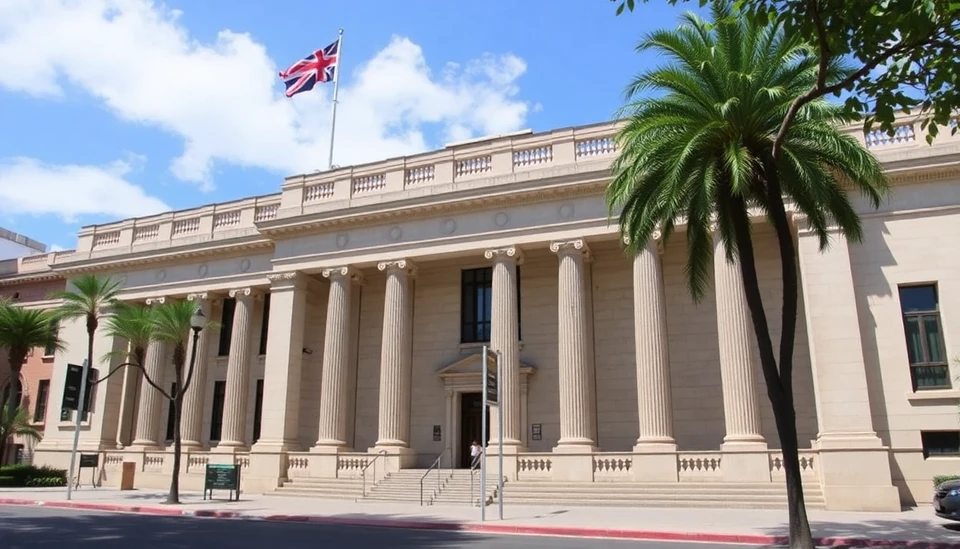
In a recent statement from Reserve Bank of Australia (RBA) board member, Paul Hauser, the potential repercussions of maintaining current interest rates were brought to the forefront. He contended that had the bank opted to keep rates unchanged, it would have resulted in a significant undershoot of the Consumer Price Index (CPI) targets. Such a decision would have jeopardized the credibility of Australia’s monetary policy.
Hauser elaborated on this point during remarks made public on February 20, 2025, during a speech that aimed to clarify the RBA's approach towards inflation control and economic stability. Specifically, he emphasized the importance of proactive measures in adjusting interest rates to ensure that inflation remains within the target range, which is crucial for the overall health of the economy.
His comments come amid an ongoing national discussion regarding the effects of interest rate adjustments on economic growth. The RBA has been navigating a delicate situation where it must balance the dual objectives of promoting economic growth while simultaneously keeping inflation in check. With inflationary pressures rising, maintaining a steady rate could have had adverse effects, leading to insufficient consumer price growth.
Furthermore, Hauser pointed out that inflation control is not merely about keeping rates high but understanding the broader implications of these decisions on households and businesses across Australia. Consumers are particularly sensitive to changes in interest rates, with the cost of borrowing directly affecting spending and investment behaviors.
In light of these factors, Hauser called for a careful and measured approach to monetary policy. He acknowledged that while interest rates are a pivotal tool for policymakers, the timing and magnitude of rate changes are critical. By ensuring that changes reflect real economic conditions rather than being overly reactive, the RBA aims to uphold its central mandate of maintaining economic stability.
The community of economists and financial analysts is keenly observing the RBA's maneuvers, with many experts urging caution. They believe that the recent economic indicators suggest a need for equanimity in adjusting rates while ensuring that inflation expectations remain anchored.
As Australia navigates these complex economic waters, the RBA continues to contribute to the ongoing discourse, with board members like Hauser playing a vital role in shaping the understanding of the bank's decisions and strategies moving forward.
Ultimately, the path chosen by the RBA will have lasting implications on the economy and its constituents. The bank remains steadfast in its commitment to transparency and efficacy as it maneuvers through the challenges ahead.
#RBA #InterestRates #InflationControl #EconomyAustralia #CPI #FinancialPolicy #MonetaryPolicy
Author: Daniel Foster




